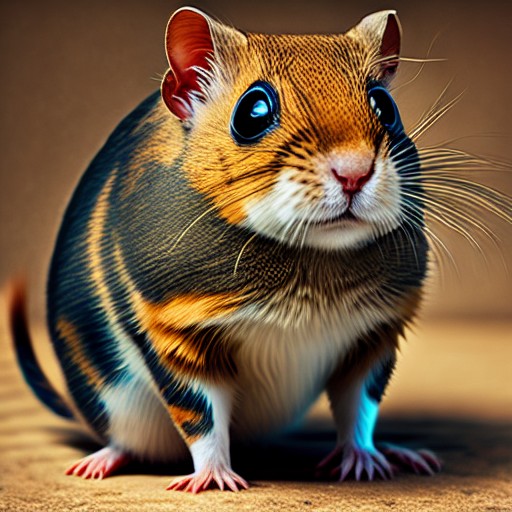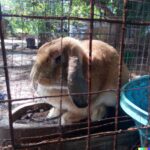When it comes to pets, gerbils are a popular choice for many animal lovers. They are small, active, and easy to take care of. However, just like any other living being, gerbils have their own set of needs that must be met in order for them to thrive. One question that many gerbil owners may ask is whether their furry friend can die of loneliness. In this article, I will explore the answer to this question and provide tips on how to ensure your gerbil is happy and healthy.
Can a Gerbil Die of Loneliness?
Gerbil Social Behavior
Before we dive into the topic of loneliness in gerbils, it is important to understand their social behavior. Gerbils are social creatures that live in groups in the wild. They are very active and enjoy playing, grooming, and cuddling with their companions. In captivity, it is recommended to keep gerbils in pairs or groups to mimic their natural behavior. However, it is important to note that gerbils can be territorial and may not always get along with each other.
The Effects of Loneliness on Gerbils
Now that we understand the social behavior of gerbils, let’s talk about loneliness. Gerbils are very social animals and can become depressed and stressed when they are alone for long periods of time. This can lead to a variety of health problems such as a weakened immune system, decreased appetite, and even death. Additionally, a lonely gerbil may become lethargic, lose interest in activities, and have a shorter lifespan.
How to Recognize Signs of Loneliness
It is important to recognize the signs of loneliness in your gerbil so that you can take action to help them. Some common signs of loneliness in gerbils include:
- Lethargy and decreased activity levels
- Decreased appetite
- Aggression towards other gerbils or their owner
- Excessive grooming or self-harm
- Unusual vocalizations or squeaking
If you notice any of these signs, it may be time to evaluate your gerbil’s living situation and take steps to prevent loneliness.
How to Prevent Loneliness in Gerbils
There are several things you can do to prevent loneliness in your gerbil and ensure that they are happy and healthy. Here are some tips:
- Keep gerbils in pairs or groups of the same sex to mimic their natural social behavior
- Provide a large enough cage with plenty of space for each gerbil
- Offer plenty of toys, hiding spots, and things to chew on
- Provide a balanced diet and fresh water at all times
- Spend time with your gerbils every day, whether it’s playing, cuddling, or just sitting near their cage
By following these tips, you can help prevent loneliness in your gerbil and ensure that they are living their best life.
Conclusion
In conclusion, gerbils are social animals that thrive in pairs or groups. Loneliness can have serious negative effects on their health and wellbeing, and it is important to recognize the signs and take action to prevent it. By providing a suitable living environment and spending time with your gerbil every day, you can ensure that they are happy and healthy.
FAQs
- Can gerbils be kept alone? No, gerbils should not be kept alone as they are social animals that thrive in pairs or groups.
- How many gerbils should I keep together? It is recommended
- to keep gerbils in pairs or groups of the same sex. However, it is important to monitor their behavior to ensure they are getting along.
- Can gerbils become aggressive towards each other? Yes, gerbils can become aggressive towards each other, especially if they are not introduced properly or if they are not compatible. It is important to monitor their behavior and separate them if necessary.
- Can gerbils die from being too social? No, gerbils cannot die from being too social. In fact, social interaction is crucial for their wellbeing. However, it is important to provide a suitable living environment and monitor their behavior to ensure they are not becoming stressed or overwhelmed.
- How can I tell if my gerbil is happy? A happy gerbil will exhibit active and playful behavior, have a healthy appetite, and interact positively with their companion(s) and owner. It is important to observe their behavior regularly to ensure they are healthy and happy.










